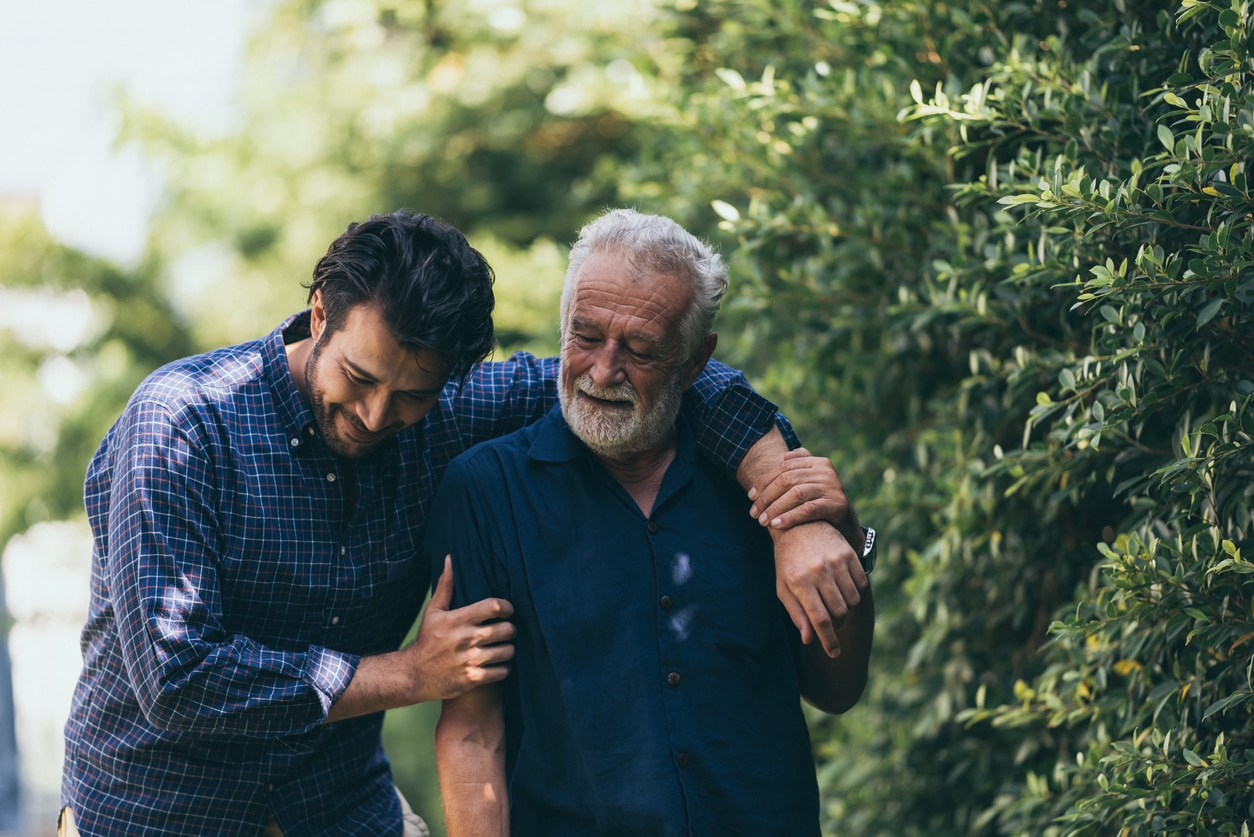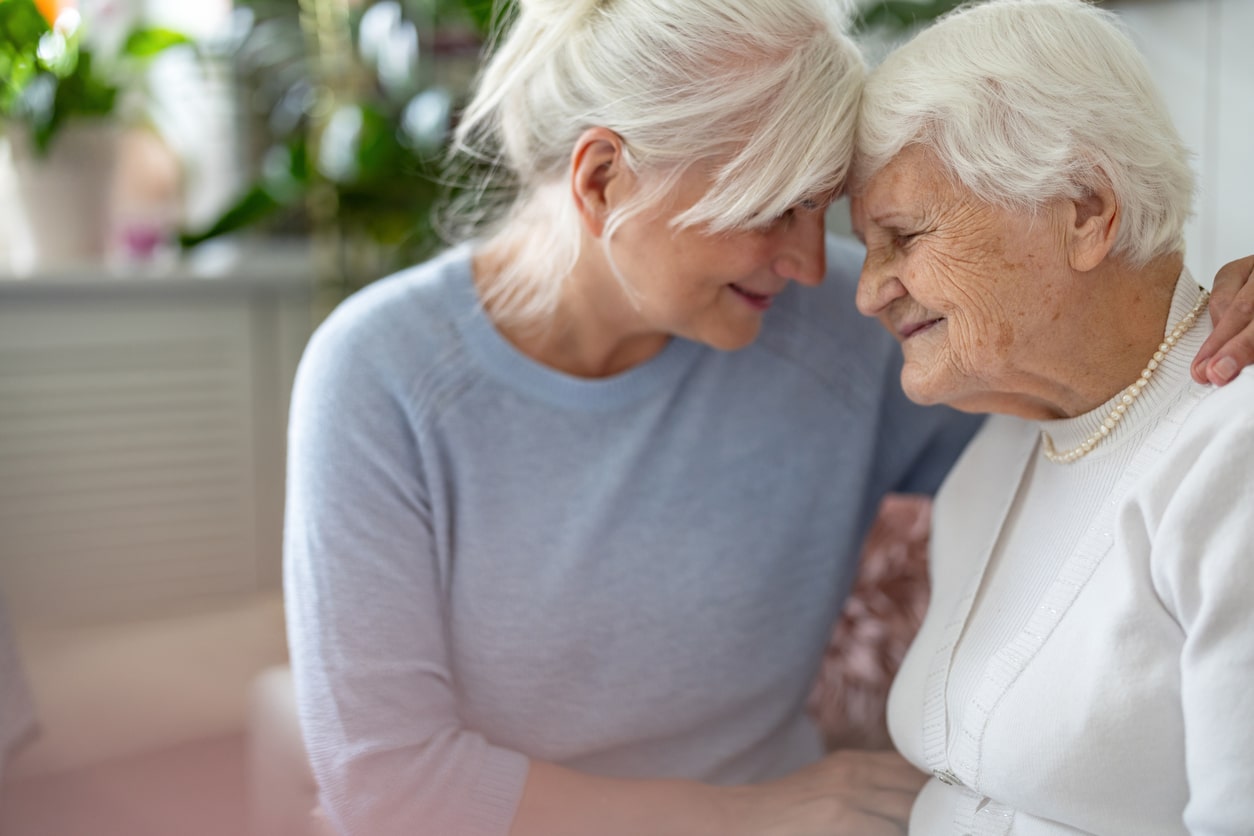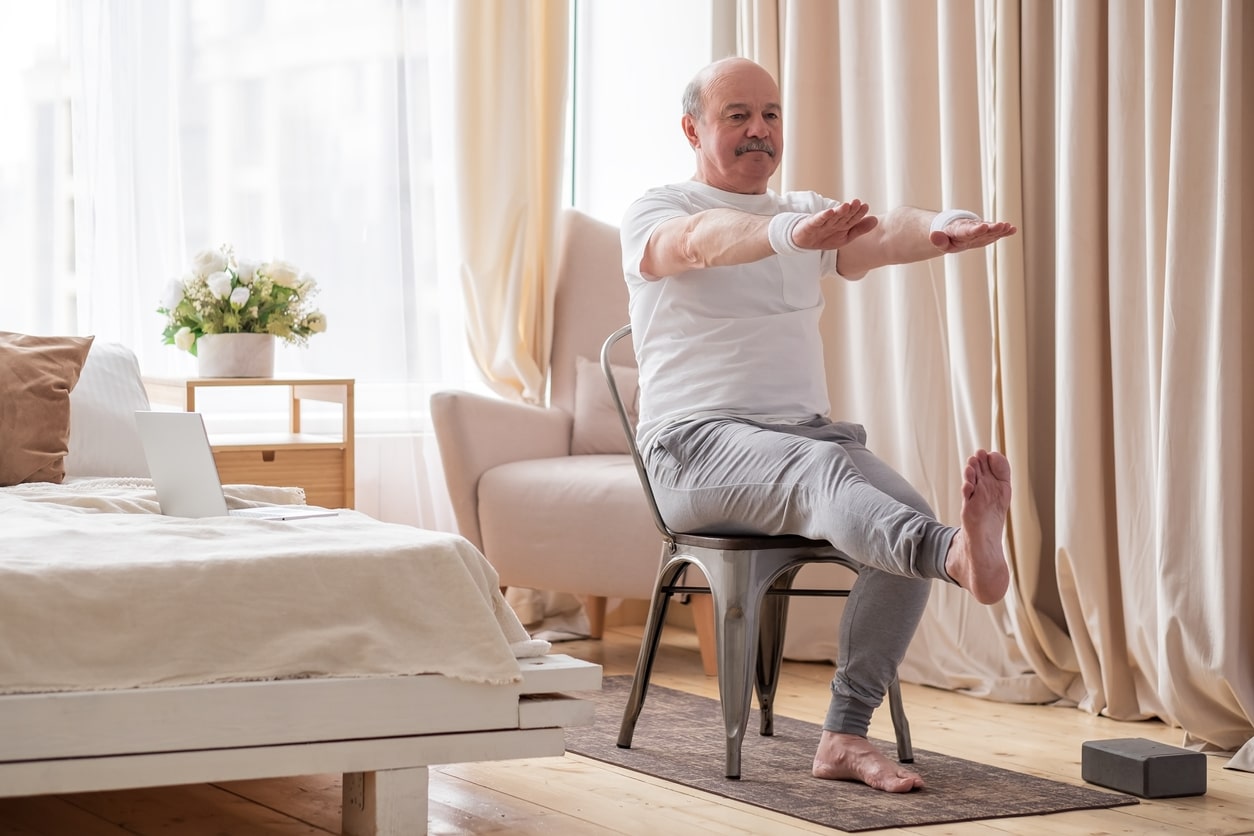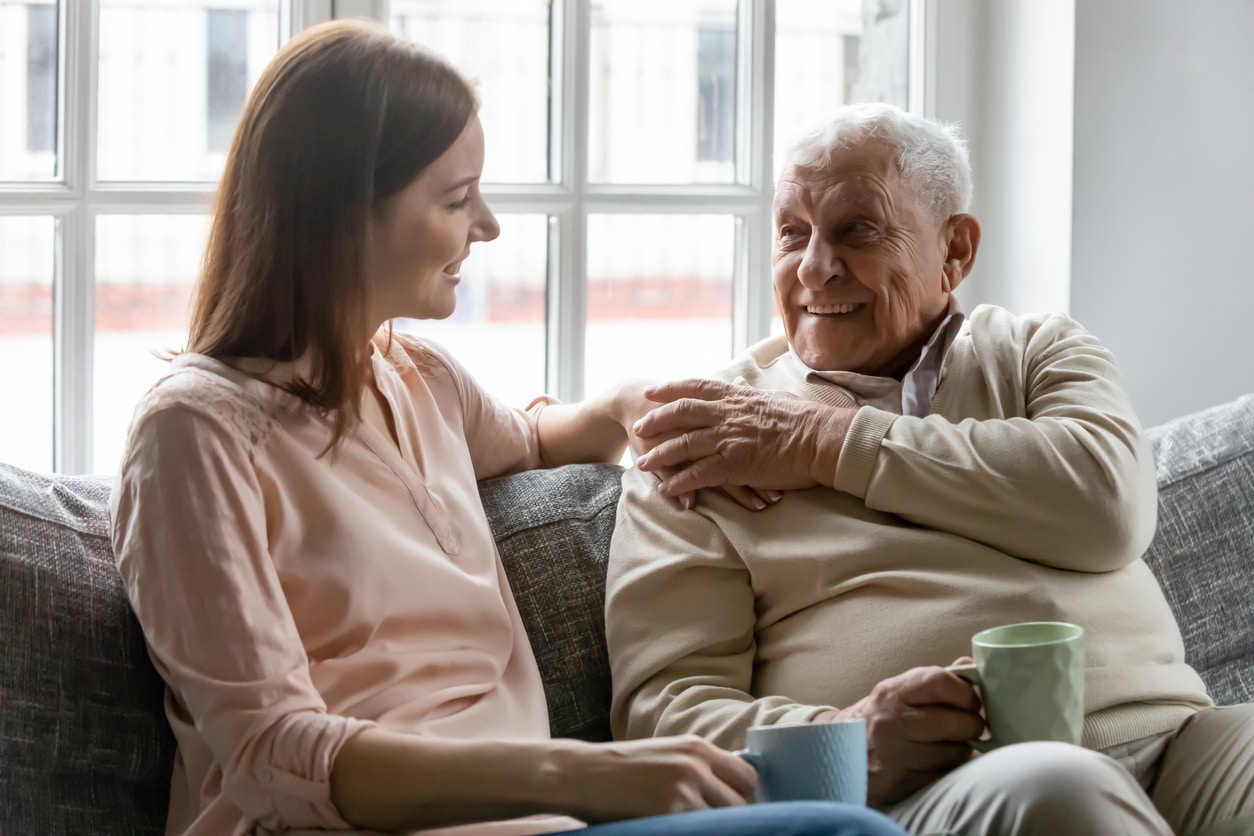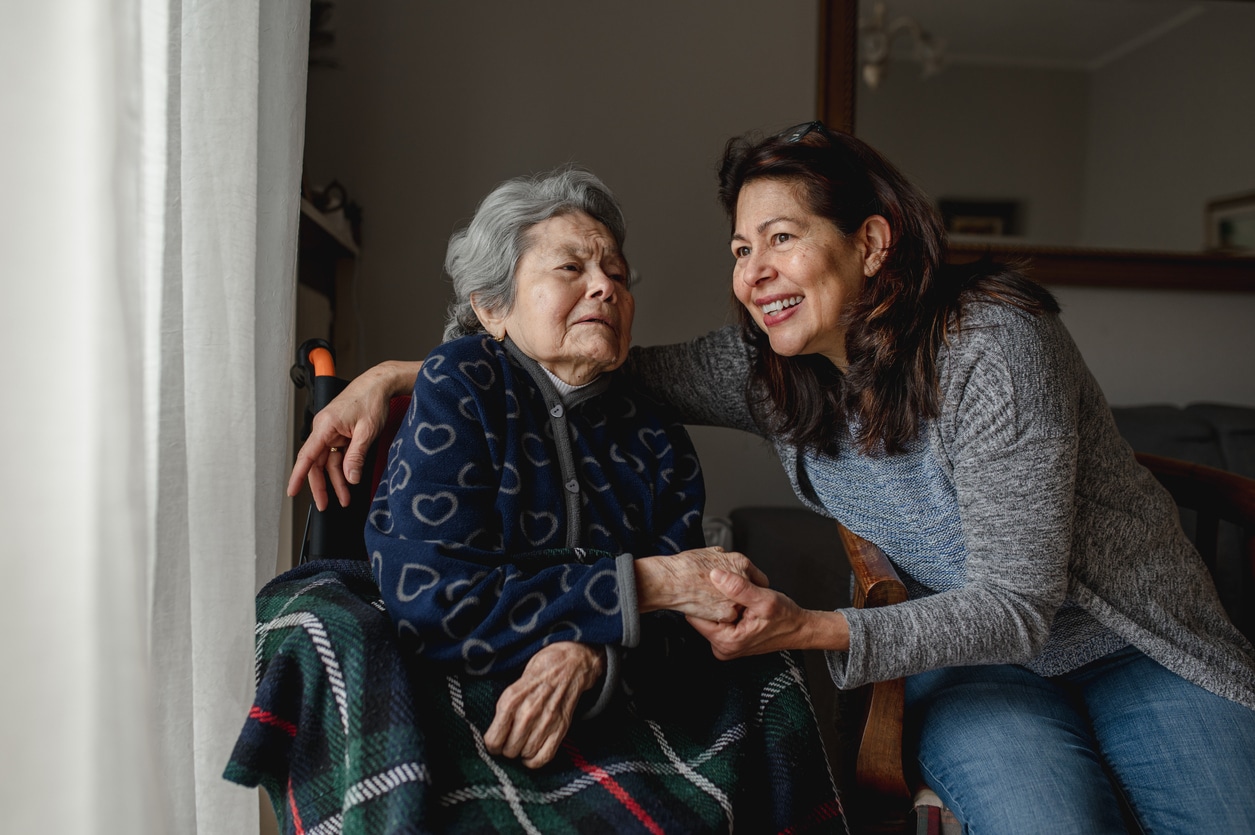If your loved one has recently fallen, she’s not alone: One out of every three seniors falls each year, according to the Centers for Disease Control and Prevention. She may also have developed a fear of falling that has greatly limited her mobility.
As her primary caregiver, or as part of her support system through family caregiving, you know that rebuilding confidence in your loved one is critical and could bolster her independence over time. To facilitate her health and independence, start with these tips for building confidence in seniors.
The Science Behind Balance Confidence
Many seniors experience a decline in mobility after a fall. While fall-related injuries can be the cause of this decline, a highly influential study published in the Journals of Gerontology found that a factor called “balance confidence” plays a major role in reduced mobility after a fall. Researchers created a scale that allowed seniors to rank their confidence levels in particular scenarios. The results showed that — even among participants with equivalent physical ability levels — those who claimed to have greater confidence performed better at actual tasks. Thus, identifying lack of confidence as an issue and helping your senior build hers may bring mobility and independence back more quickly after a fall.
Even though it’s been more than 15 years since the original study was published, research on balance confidence continues today. For example, an ongoing study called STRIDE (strategies to increase confidence, independence, and energy) has been examining cognitive behavioral therapy methods for influencing balance confidence and effectively reducing fall risk.
Tips for Building Confidence
If your loved one can overcome his fear of falling and build confidence, he could remain active and live independently longer. Your role in this as a caregiver is significant, and it may be easier than you think.
Discuss the issues with your loved one’s doctor.
A doctor can recommend physical or occupational therapy to help your senior rebuild lost strength or learn how to get up on her own after a fall. This could prevent future falls and reassure your senior that she can rebound from a fall.
Invest in an emergency medical alert system.
Also known as a help button device, these systems call for emergency aid with the push of a button. In only a few seconds, an operator will be on the line to contact a family member or send an emergency medical team to your loved one’s home. Knowing that he has a network of support at his back should enable your senior to feel secure.
Talk about the fear of falling.
Maintain open communication about the fear of falling so that your senior can speak honestly — the best way to learn what she needs to feel confident. Discussing the way a fear of falling may be limiting your senior’s social life and other activities also gives you the opportunity to help her work through these obstacles.
Encourage regular exercise.
A lack of confidence can lead to a fear of falling that reduces mobility and, eventually, strength. By attending an ability-appropriate exercise class at the local gym or senior center, your loved one can tone his muscles and build confidence in his body’s own abilities.
These tips for building confidence may help your loved one emotionally recover from a fall. While they may not bring back mobility lost to physical injuries, they can help your loved one regain her independence for a fuller, happier life.
